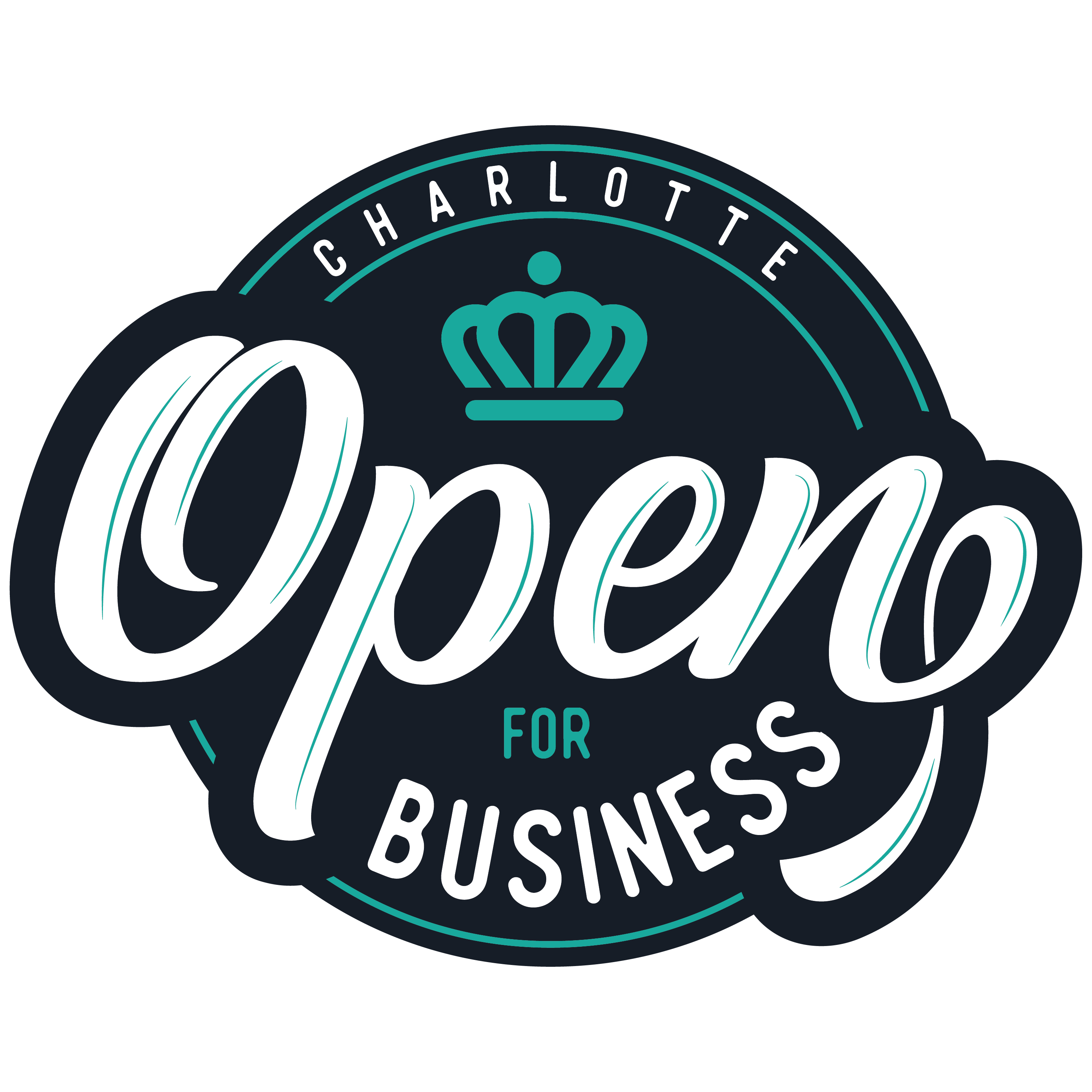The Charlotte Department of Transportation is seeking a new contract to purchase LED-based traffic signals modules to replace or upgrades existing signal lights at selected intersections. All Products and component parts furnished under the Contract shall be new, shall comply with the specifications and terms and conditions.
Sodium Chloride Deicing Salt
The City of Charlotte requires Sodium Chloride Salt for deicing City streets and roads, and as a preventative measure for any anticipated snowy or icy street conditions. This solicitation is to provide bulk tonnage delivery of Sodium Chloride Deicing Salt that has been treated with an anti-caking agent to the addresses specified by the Charlotte Department of Transportation (CDOT). The contract established will be for three years with the option for two (2) one-year renewal options.
Traffic Signal Detection Technology Evaluation
The City of Charlotte Department of Transportation (CDOT) is seeking proposals from qualified vendors to provide advanced detection technology and assist with its installation at designated intersections. This effort supports a comparative analysis to identify the most suitable detection solution for the City. The selected detection systems must reliably identify all roadway users, including vehicles, pedestrians, cyclists, and scooters.
Participating vendors will engage in a field evaluation and must provide all necessary equipment, software, and installation assistance. The City intends to award a three-year contract with two optional one-year renewals, for a total potential term of five years. Evaluation criteria include detection capabilities, ease of installation and maintenance, technical compliance, feature set, data quality, experience, and cost competitiveness.
Traffic Control Devices
The City of Charlotte is seeking a new contract for Traffic Control Devices. The City of Charlotte maintains a large and modern traffic signal system and has for many years used standardized materials and equipment. This system is complex and requires dedicated maintenance and oversight management to ensure that it functions as necessary. All materials and equipment used to maintain this system are required to be interchangeable and function with the existing infrastructure.
Spectrum Center Traffic Control Services
The City of Charlotte provides direct traffic control and logistical Support for the Spectrum Center which is host to an estimated 125 sporting, music, business, and other events each year. The City is interested in receiving proposals for this service. The awarded Company shall be the sole provider of traffic control services for the Spectrum Center and designated areas around the Spectrum Center. The Company shall provide all personnel, and traffic control equipment to implement the Traffic Control Plan for the safe operation of vehicles and pedestrians. The Company shall be responsible for the storage, retrieval, set up, and immediate removal of all traffic control equipment from City owned rights -of-way following the events. On-site presence is required for the duration of the event.
Chemical Grouting
Charlotte Department of Transportation (CDOT) is committed to enhancing the driving, bicycling, and walk experience through planning, operating, and maintaining the City’s transportation choices for residents and visitors. An important component in the operation and maintenance of the transportation network is the maintenance of storm drainage systems and subsurface soils. The city has more than 3,800 miles of drainage pipe and over 150,000 associated inlets, outfalls and other systems. The Street Maintenance Division of CDOT serves as maintenance providers for much of this system in the right of way. Chemical grouting provides a repair and maintenance method that is less disruptive than typical excavation methods. The services generally consist of the provision of as-needed CHEMICAL GROUTING on storm water pipes, collars, subsurface voids and other areas as appropriate.
Transportation Asset Inventory
The chosen vendor will provide a segmented inventory of the following transportation assets.
- City-maintained roadways.
- Traffic control signs and supports on selected state and all city roadways.
- Pavement markings on selected state and all city roadways.
- Sidewalks and accessible ramps on city roadways
- Other vertical elements within the roadway such as tubular delineators, curbing, medians etc.
A condition analysis of the assets will be included with the inventory The analysis will provide a database of information that will be utilized for work management as well as emergency services during hazardous conditions.
The vendor will provide separate ESRI geodatabases with each asset category. Specific table schemas for each asset will be determined prior to data collection.
2025 Pavement Marking Maintenance
This is a contract to install pavement markings on a list of city streets. The work includes, Thermoplastic, Polyurea, and Cold Applied Plastic markings.
Spectrum Center Traffic Control Services
This contract provides traffic control and logistical support services for events hosted at the Spectrum Center Arena.



